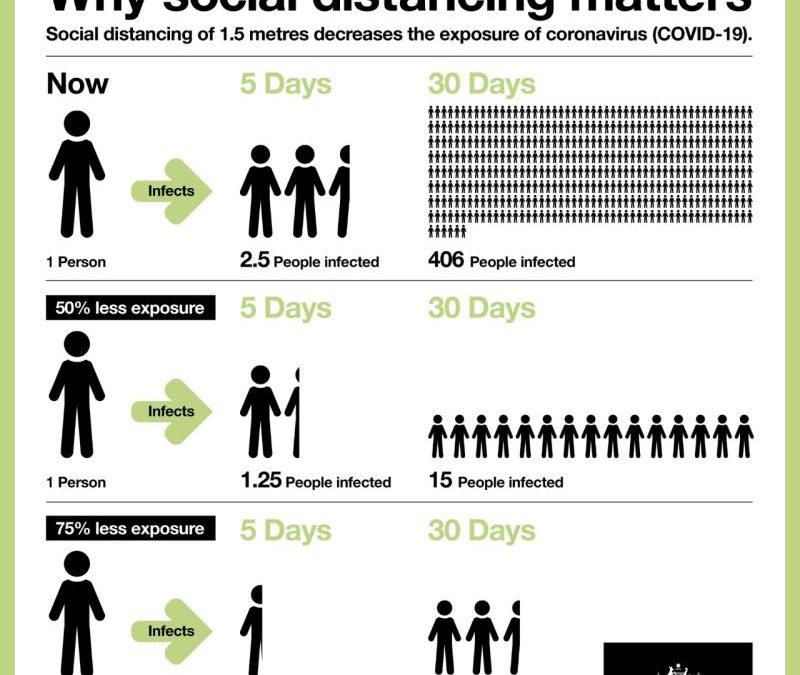
why social distancing is so important?
⚠️This is why social distancing is so important. Please listen and act so we can save lives and livelihoods⚠️ coronavirus coronavirusaustralia covid19 covid19au

Source: LinkedIn

⚠️This is why social distancing is so important. Please listen and act so we can save lives and livelihoods⚠️ coronavirus coronavirusaustralia covid19 covid19au

Source: LinkedIn
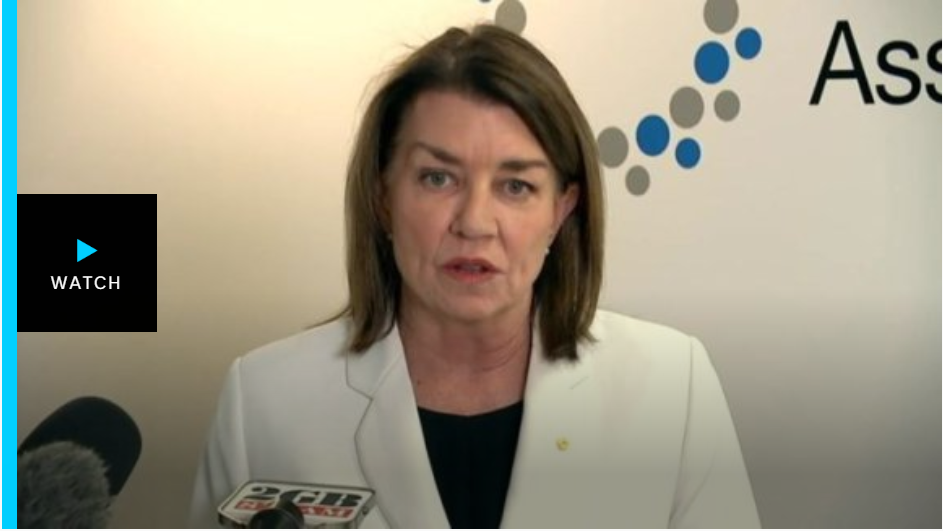

#NLNA #VANAMEMBER #Newsagency #Nstock #financialreview #theage #nine #coronavirus #COVID-19 #COVID19 #Tabcorp #newscorp
Host: –
Brendan Tohill – NLNA CEO
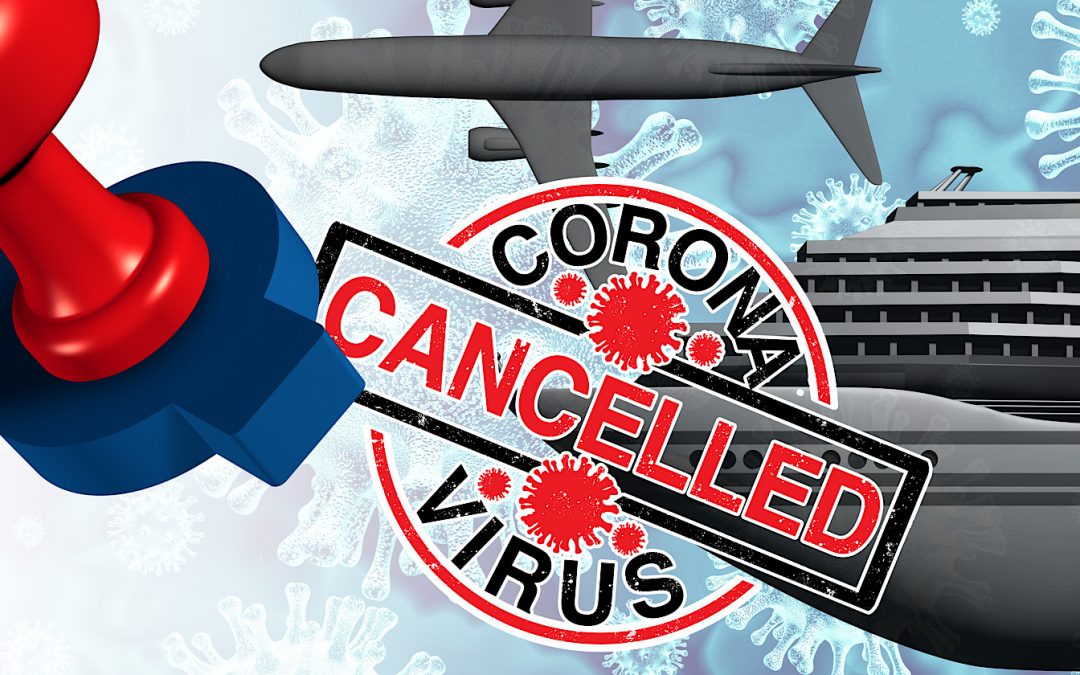

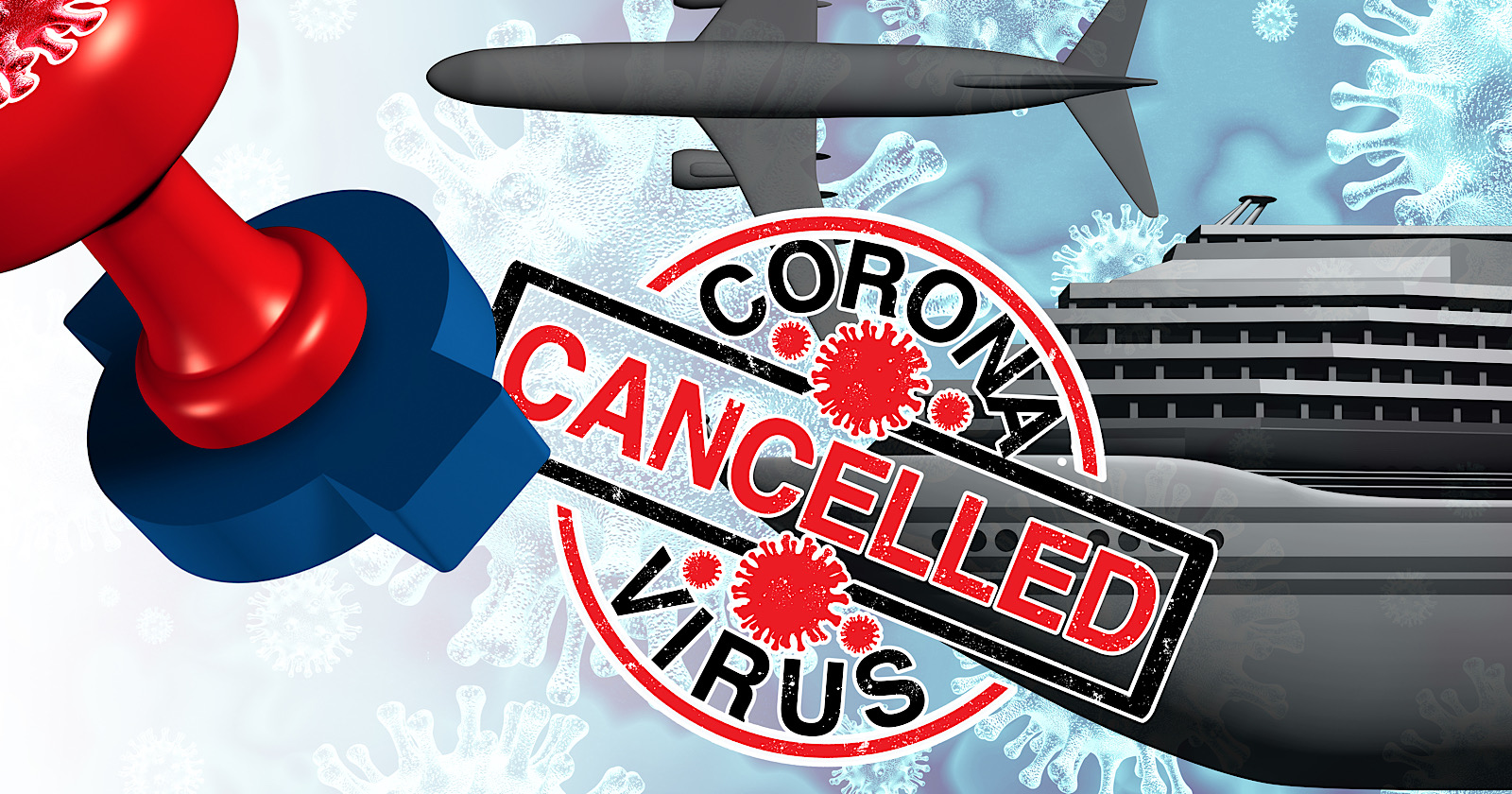
20th March 2020
Dear Retailers,
The ACCC has issued advice for consumers and businesses on their rights and obligations if events, flights or travel services are cancelled due to the coronavirus pandemic (COVID-19), or if people wish to cancel their travel plans.
The ACCC understands many businesses are struggling to manage cancellations at this time. Mindful of this we are urging consumers to remain patient, and where possible to contact the business by email or website, rather than by phone. These are very complex issues and may take smaller businesses more time to respond.
We hope that our advice assists you and your staff to engage with customers who request refunds and remedies.
We encourage you to read and share our latest information on consumer rights, travel and event cancellations in relation to COVID-19 which includes guidance on:
Find out more in ACCC media release.
You can also find information about COVID-19 (coronavirus) scams on ACCC Scamwatch website.
If you would like to contact ACCC please use their online form.
For more information or advice visit: https://nlna.infusion121.com/covid-19/
Regards
Brendan Tohill
CEO
NLNA
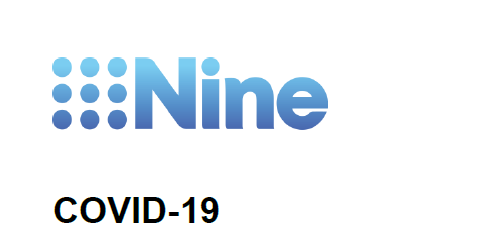

Coronaviruses are a large family of viruses that cause respiratory infections. These can range from the common cold to more serious diseases.
COVID-19 is the disease caused by a new coronavirus. It was first reported in December 2019 in Wuhan City in China.
Other coronaviruses include Middle East Respiratory Syndrome (MERS) and Severe Acute Respiratory Syndrome (SARS).
Symptoms of COVID-19 can range from mild illness to pneumonia. Some people will recover easily, and others may get very sick very quickly.

People with coronavirus may experience:
If you are concerned you may have COVID-19, use the symptom checker on healthdirect.
If you are sick and think you have symptoms of COVID-19, seek medical attention. If you want to talk to someone about your symptoms first, call the Coronavirus Health Information Line for advice.
Call this line if you are seeking information on coronavirus (COVID-19). The line operates 24 hours a day, seven days a week.
If you have serious symptoms such as difficulty breathing, call 000 for urgent medical help.
To seek medical help from a doctor or hospital, call ahead of time to book an appointment.
You will be asked to take precautions when you attend for treatment. Follow the instructions you are given.
If you have a mask, wear it to protect others. Stay at least 1.5 metres away from other people. Cover your coughs or sneezes with your elbow.
Tell the doctor about:
Your doctor will tell you if you should be tested. They will arrange for the test.
You will only be tested if your doctor decides you meet the criteria:
There is a global shortage of the test kits that pathologists use to diagnose COVID-19. This is why we are doing targeted testing instead of widespread testing.
It may take a few days for the test results to come back.
If you have serious symptoms you will be kept in hospital and isolated from other patients to prevent the virus spreading.
If your doctor says you are well enough to go home while you wait for your test results, you should:
For questions about testing or patient welfare, call the Coronavirus Health Information Line.
Call this line if you are seeking information on coronavirus (COVID-19). The line operates 24 hours a day, seven days a week.
If you have serious symptoms such as difficulty breathing, call 000 for urgent medical help.
Learn more about what happens if you have a suspected case of coronavirus.
There is no treatment for COVID-19, but medical care can treat most of the symptoms.
Antibiotics do not work on viruses.
You must self-isolate if any of the following applies to you:
If you do not need to self-isolate, you should still protect yourself and others.
Self-isolation lasts for 14 days
You must stay at home to prevent the possible spread of the virus to other people.
See specific advice for self-isolation when:
Staying home means you:
If you live in a private house, it is safe for you to go into your garden or courtyard. If you live in an apartment or are staying in a hotel, it is also safe for you to go into the garden but you should wear a surgical mask to minimise risk to others. You should also move quickly through common areas.
This helps protect yourself and others.
When in isolation, monitor yourself for symptoms.
Call your doctor for an urgent assessment if you develop symptoms within 14 days of returning to Australia, or within 14 days of last contact of a confirmed case.
See advice for others living with you.
Being in isolation for 14 days can be stressful and boring. Suggestions include:
if you are not well, others that live with you do not need to self-isolate unless they also meet one of the isolation criteria.
However, if you develop symptoms and are suspected to have COVID-19, they will be classified as close contacts and will need to be isolated.
People who have completed their 14 day period without developing symptoms can return to their daily activities.
See our guidance in English, Simplified Chinese, Traditional Chinese, Farsi and Korean.
To help reduce the spread and protect those who are most at risk, it is important that you take the recommended steps to protect yourself and others.
To prevent the spread of viruses, practise good hygiene and social distancing.
You should also follow our advice for travellers and advice for public gatherings and visits to vulnerable groups.
Everyone must practise good hygiene to protect against infection and prevent the virus spreading.
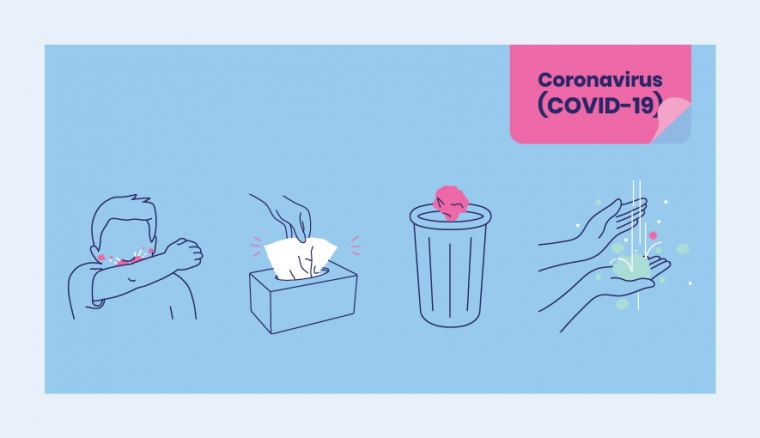
Good hygiene includes:
Read more about protective measures against coronavirus on the World Health Organization website.
If you have a confirmed case, you need to self-isolate to prevent it spreading to other people.
Surgical masks in the community are only helpful in preventing people who have coronavirus disease from spreading it to others.
If you are well, you do not need to wear a surgical mask. There is little evidence that widespread use of surgical masks in healthy people prevents transmission in public.
Find out more in our fact sheet about the use of surgical masks.
There is no vaccine for COVID-19, but there is one for the flu.
You should get your flu shot when it’s available. Getting the flu and COVID-19 at the same time can make you very ill.
Scientists from around the world are working on developing a vaccine. The World Health Organisation believes this may be available within 18 months.
One way to slow the spread of viruses is social distancing. There are practical things you can do, to protect those more susceptible to the virus.
To reduce the spread of germs in the workplace:
To reduce the spread of germs or viruses in schools:
Find out more about social distancing and avoiding public gatherings and visits to vulnerable groups.
In Australia, the people most at risk of getting the virus are those who have:
Based on what we know about coronaviruses, those most at risk of serious infection are:
To help protect people most at risk, we have recommended limits on public gatherings and visits to vulnerable groups.
The virus can spread from person to person through:
COVID-19 is a new disease, so there is no existing immunity in our community. This means that COVID-19 could spread widely and quickly.
To help reduce the spread and protect those who are most at risk, it is important that you take the recommended steps to protect yourself and others.
See our answers to frequently asked questions about COVID-19.
To find out more, see our English COVID-19 resources and translated COVID-19 resources.
For what we are doing to limit the spread of COVID-19, go to Government response to the outbreak.
Support is available if you are concerned about COVID-19 or are distressed because you are in self-quarantine or sick.
Visit the Head to Health website for:
Source: https://www.health.gov.au/news